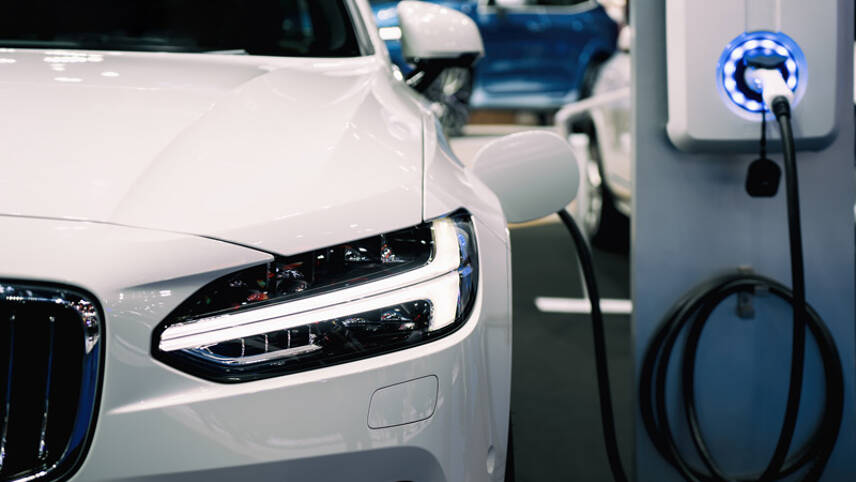Register for free and continue reading
Join our growing army of changemakers and get unlimited access to our premium content

New petrol and diesel car and van sales were due to be banned in the UK from 2030, under a measure introduced under Boris Johnson. Sunak moved earlier this month to delay the ban to 2035, stating an intention to ease costs on households.
He stated a need to give industry more time to prepare and also argued that a delay could give more time to scale charging infrastructure and to grow the UK’s second-hand ZEV market.
Sunak and his cabinet have subsequently faced pressure to update the ZEV mandate in keeping with the new timeline. The update has been confirmed today (28 September).
The ZEV mandate sets targets for the minimum proportion of zero-emission cars and vans within automakers’ manufacturing outputs. These targets begin in 2024 and become higher over time.
The 2024 requirement for at least 22% of new cars and 10% of new vans to be zero-emission remains unchanged.
The Government has, however, changed some other targets. By 2030, automakers will need to ensure that 80% of new cars and 70% of new vans are electric. The proportion will then increase in increments through to 100% in 2035.
For reference, 20% of all new car and van sales in August 2023 were electric vehicles (EVs).
“Our mandate provides certainty for manufacturers, benefits drivers by providing more options, and helps grow the economy by creating skilled jobs,” said Transport Secretary Mark Harper.
The clarity provided in the ZEV mandate update has been welcomed by motoring organisations including the AA and the Society of Motor Manufacturers and Traders (SMMT). Nonetheless, the SMMT had urged against the delay in the first instance.
The new ZEV mandate will remain a ‘tradable’ scheme. Manufacturers selling more ZEVs than required will have spare allowances they can sell to manufacturers that have not sold their fair share of ZEVs.
The limit for allowance purchases will be 75% of each automaker’s annual target in 2024 and 2025, falling to 25% from 2026 onwards.
Sunak did not put the new ZEV targets to a vote – an option he had reportedly been considering last month.
It is believed that some UK-based automakers will aim for 100% ZEV portfolios by 2030 regardless of the delay. Nissan has already stated that this is its intention.
Related feature: How ready is the UK for the ZEV mandate?


Please login or Register to leave a comment.